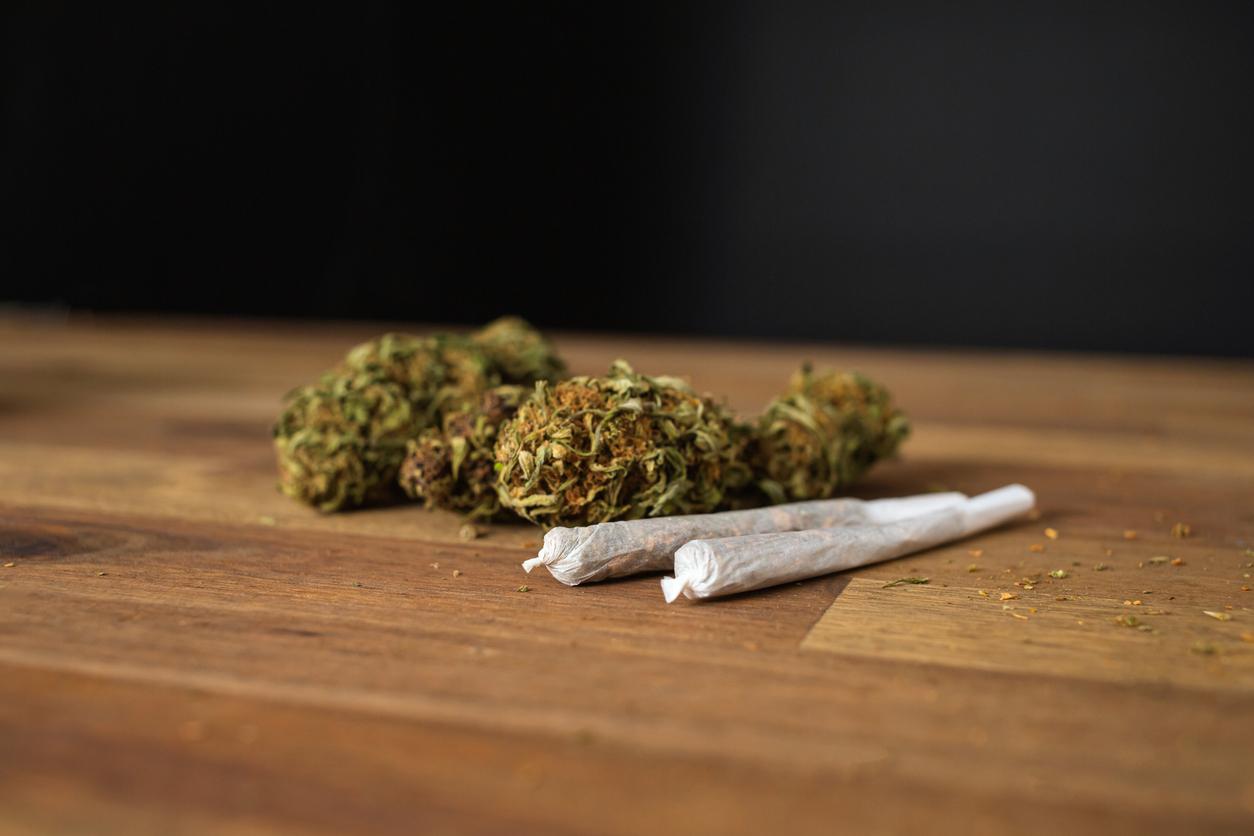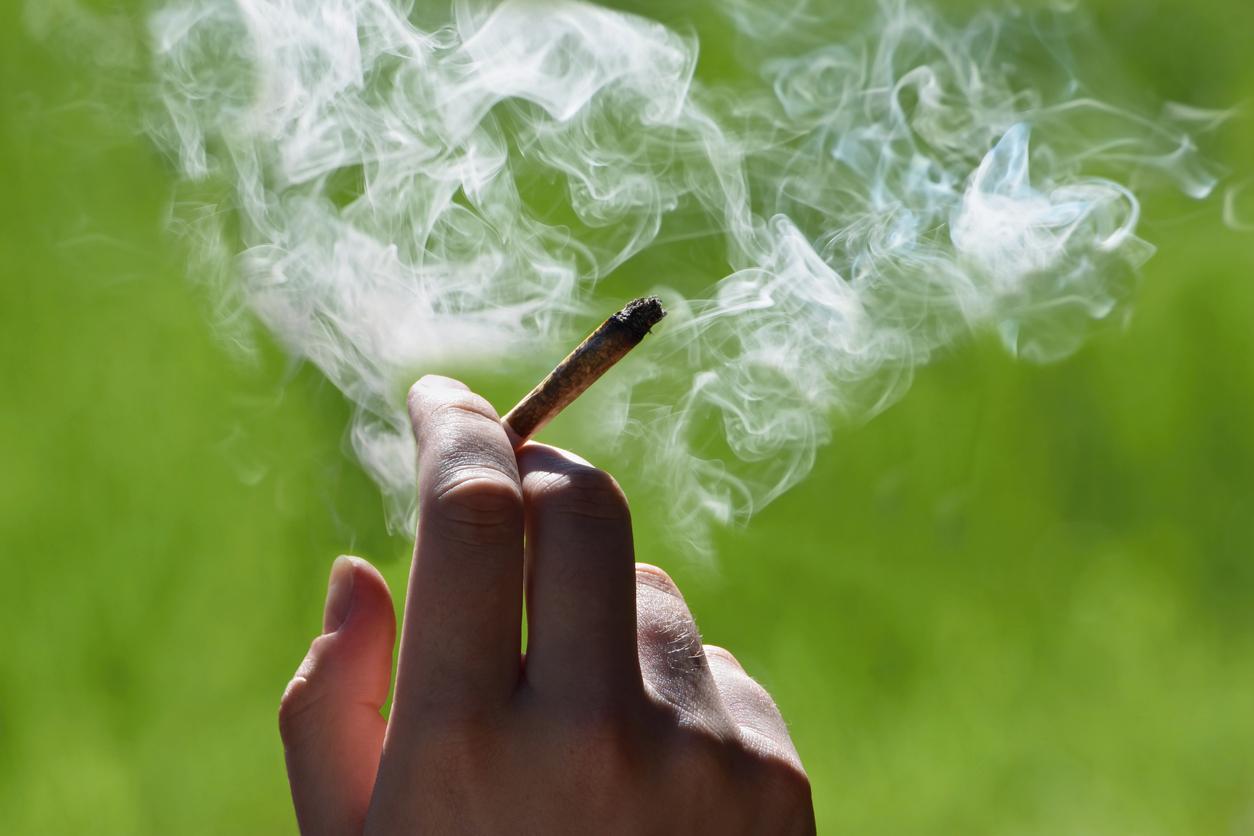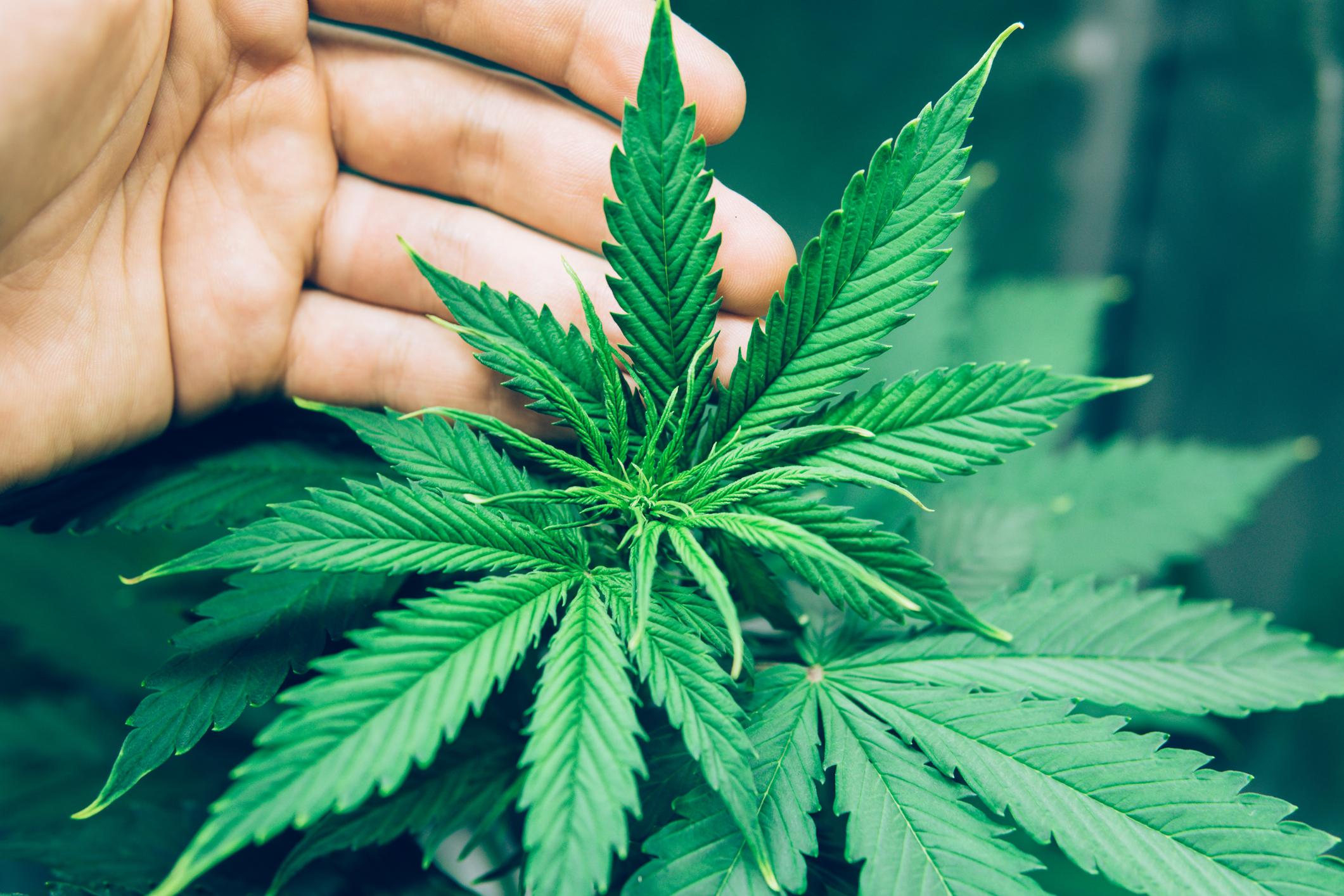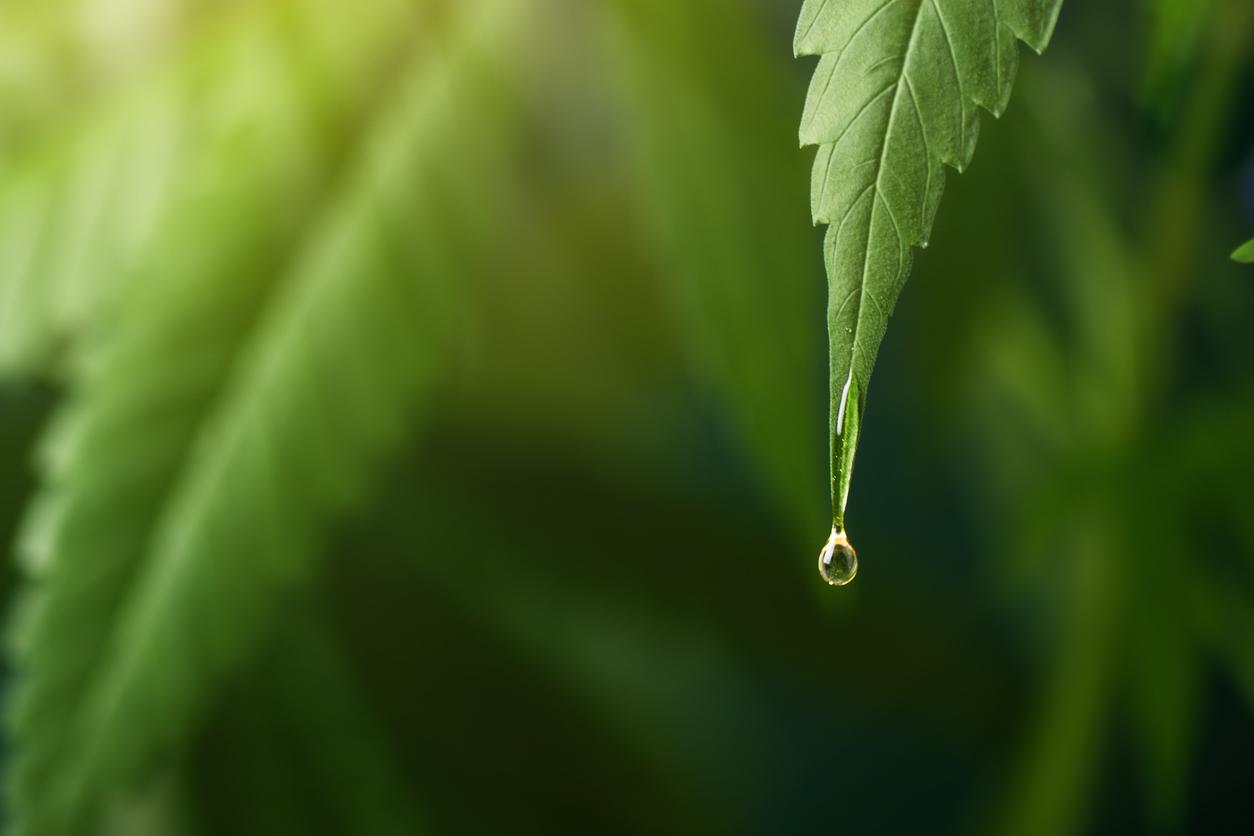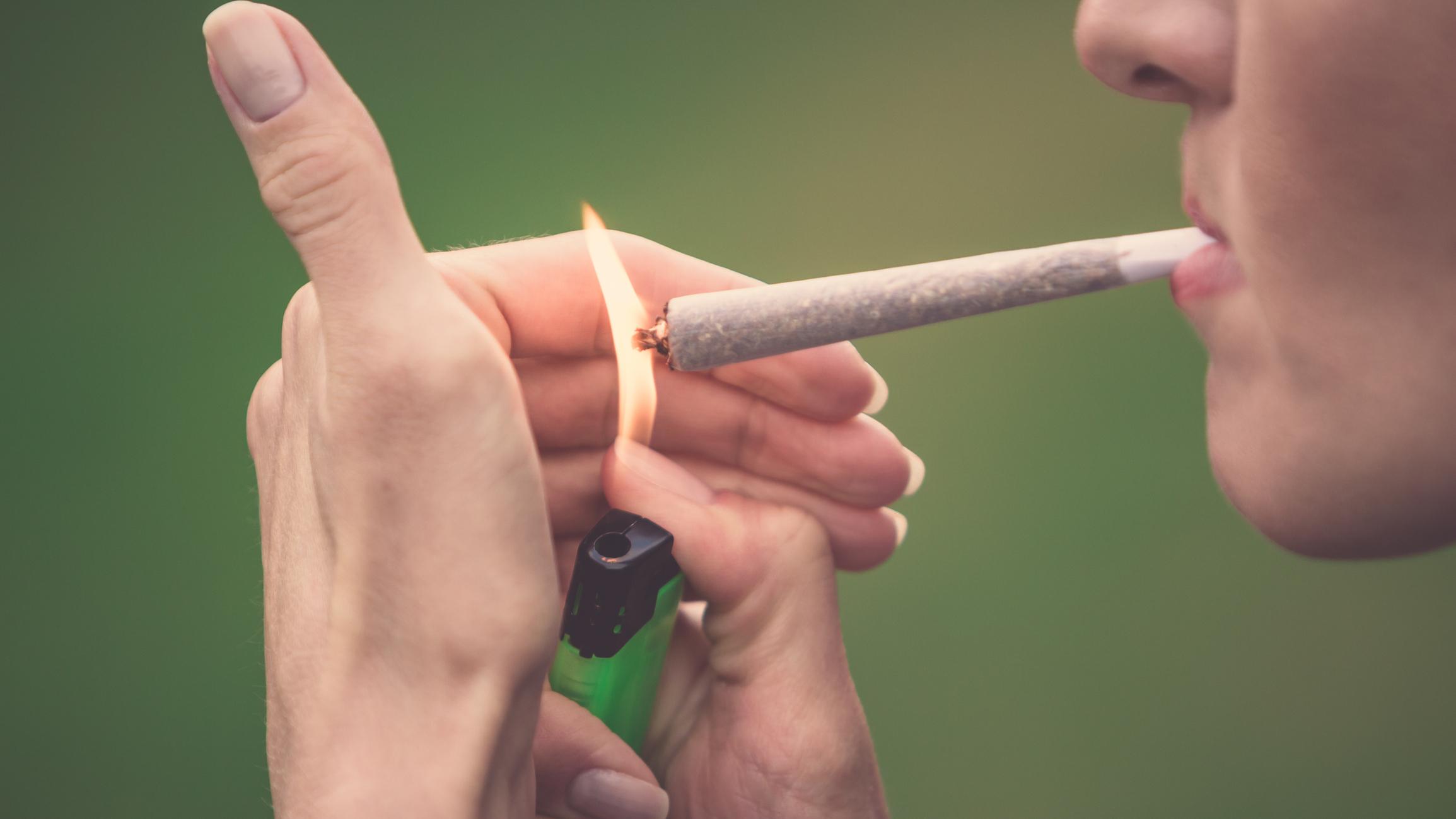In the short term, cannabis reduces compulsions by 60%, unwanted thoughts by 49% and anxiety by 52%.
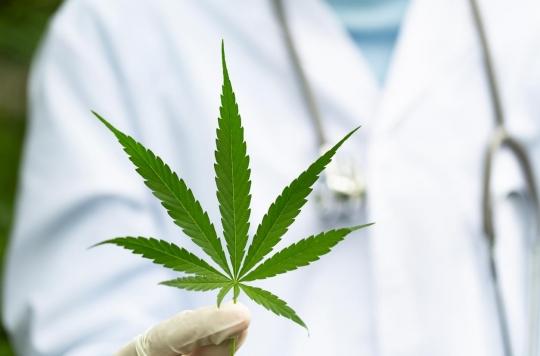
- Currently, treatments for obsessive-compulsive disorder do not solve the problem and are not suitable for all patients.
- Chronic mental illness, OCD are characterized by two types of more or less pronounced symptoms, obsessions and compulsions (dirt, sex, fear of error, etc.).
In a study published in the Journal of Affective Disorderspeople with obsessive-compulsive disorder (OCD) report that the severity of their symptoms was reduced by half within four hours of using cannabis.
Short-term beneficial effects
To arrive at these results, the researchers analyzed the data entered into the Strainprint application. After smoking cannabis, users with OCD said it reduced their compulsions by 60%, unwanted thoughts by 49% and anxiety by 52%. The study also found that higher doses of CBD (cannabidiol) were associated with greater reductions in compulsions.
“These results indicate that cannabis may have short-term beneficial effects on obsessive-compulsive disorder, but not really long-term, specifies all the same Carrie Cuttler, author of the study and professor of psychology. For me, CBD is really promising. More clinical trials with pure CBD should be started.” The study evaluated 1,800 sessions of cannabis use and 87 people with OCD over a 31-month period.
A chronic mental illness
Currently, treatments for obsessive-compulsive disorder do not solve the problem and are not suitable for all patients. A chronic mental illness, OCD is characterized by two types of more or less pronounced symptoms, obsessions and compulsions (dirt, sex, fear of error, etc.), which can appear separately or simultaneously. These symptoms have, in all cases, a very heavy impact on daily behavior.
Experimentation with therapeutic cannabis in France
Voted on October 9, 2019, the experimentation of therapeutic cannabis should be applied in France on March 31 at the latest, for a period of two years and will concern at least 3000 patients. On October 18, the specifications for the drugs concerned by this experiment were unveiled in the Official newspaper. The patients tested will be suffering from serious pathologies (multiple sclerosis, epilepsy of neuropathic pain, side effects of chemotherapy, palliative care).
.










